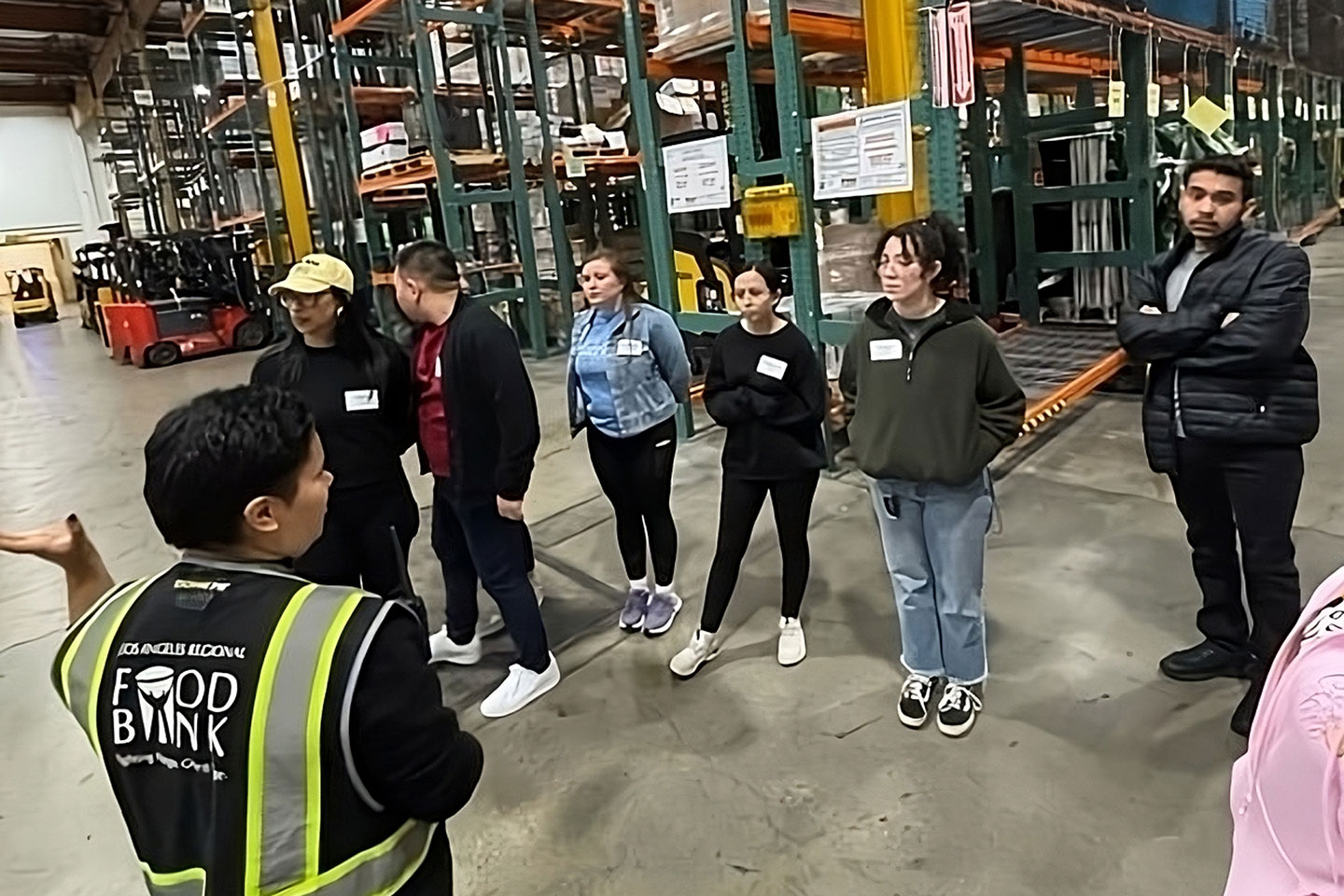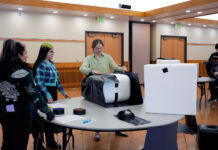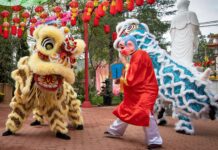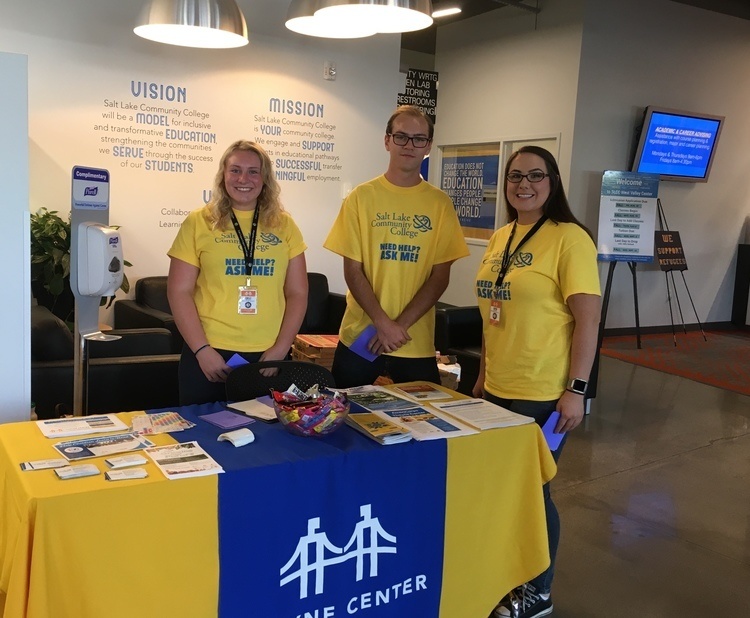
Traveling, living with strangers and volunteering are all part of the experience that Salt Lake Community College students get through the alternative break program.
This year’s alternative spring break took place March 10-14. The trips included transportation, food and shelter. Student groups participated in the following focus areas:
- Wilderness preservation in Southern Utah
- Disaster recovery in Los Angeles, California
- Prison education in Denver, Colorado

Planning the trip
“For prison education, there is a nonprofit organization called Breakthrough, and the [student] group worked with them,” said Jenny Huynh, alternative break coordinator.
Huynh believes volunteering is important. She has always been involved in social justice. Combining the two passions makes her work more meaningful.
While planning alternative breaks, brainstorming is essential because it helps define the trip’s theme. This process begins in the summer of the previous year, which allowed Huynh to develop ideas with peer leaders, who discuss the best topics of interest for alternative breaks.
She also received inspiration from local institutions with prior experience in these areas.
“These topics interest me, and I have some background in them,” Huynh said.

The process
The first step involves researching locations where students can volunteer based on selected topics. Once confirmed, the coordinator contacts community partners and organizations in the area to arrange a meeting.
For step two, the meeting, community partners explain what their organization does, the tasks assigned to students during spring break, and what outcomes they expect from the volunteer work.
The selection process is rigorous. Students must have a GPA of at least 2.0 and complete an application form with well-developed answers. The student groups that will be formed include a mix of new and returning volunteers from different majors, backgrounds and demographics.
Once selected, students attend an introductory meeting, where they meet peer leaders and program advisors. In the spring session, they receive information about the schedule, meeting locations, accommodations and volunteer tasks with the community partners.

Peer leaders share their experience
Peer leaders aim to create safe spaces, facilitate reflection time after volunteering, and manage logistics, including coordinating organizations and events. One of their goals is to help students understand the learning outcomes and the purpose of the trip.
Manuela Mejia, peer leader of the disaster recovery trip in Los Angeles, shared her experience leading the journey. She highlighted the importance of community and how the trip helped students step out of their comfort zones while exploring new places.
“I feel that before the trip, students usually don’t know what to expect. Most of them had never been on a trip like this,” said Mejia. “But, something they all have in common is their passion for helping others.”
Rafael Rivero, peer leader of the prison education trip in Denver, described how after nearly two years in his position, he has seen how students get involved and feel motivated to continue volunteering in their communities after these trips.
“I always see them doing their best, and they are very interested in continuing to help even after the trip. These are unique and meaningful experiences,” said Rivero.

Fall Alternative Break
The fall alternative break takes place in Salt Lake City and nearby areas, both on and off campus. Unlike the spring program, it does not include overnight stays but provides local transportation.
These trips are partially funded by student fees. Another portion comes from the High Impact Practice Committee (HIPS), which review students’ e-portfolios and reflections about the experience to help secure funding for these projects.






